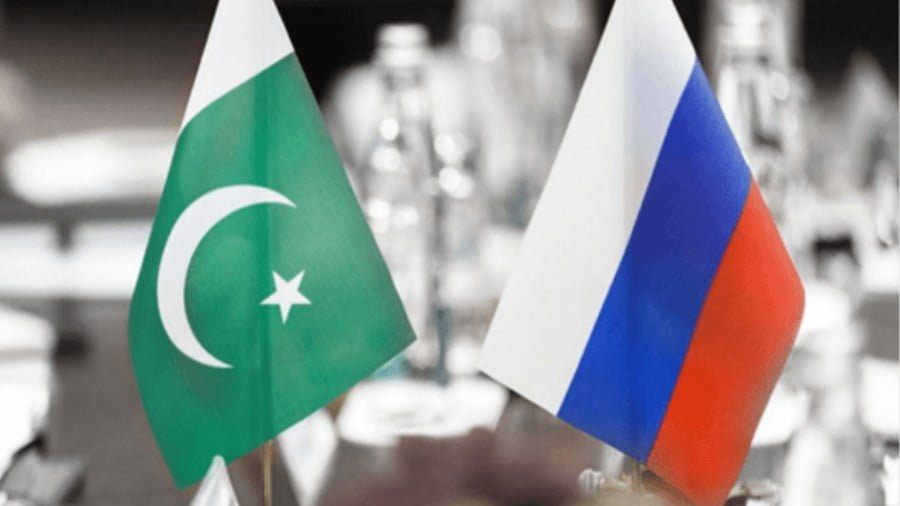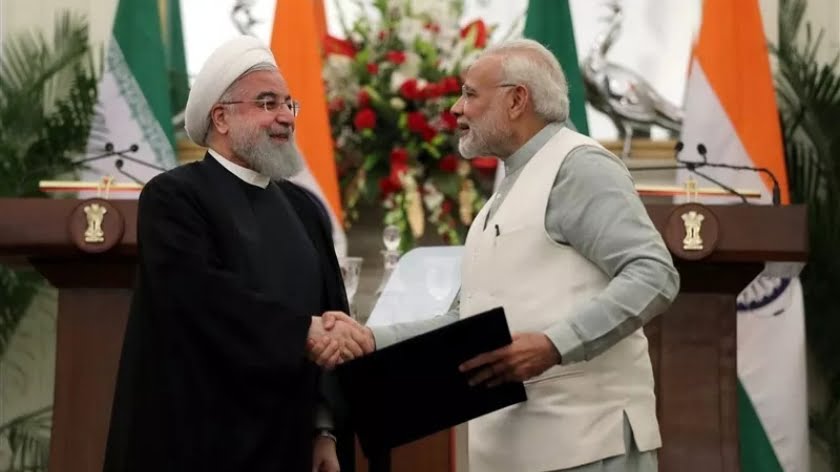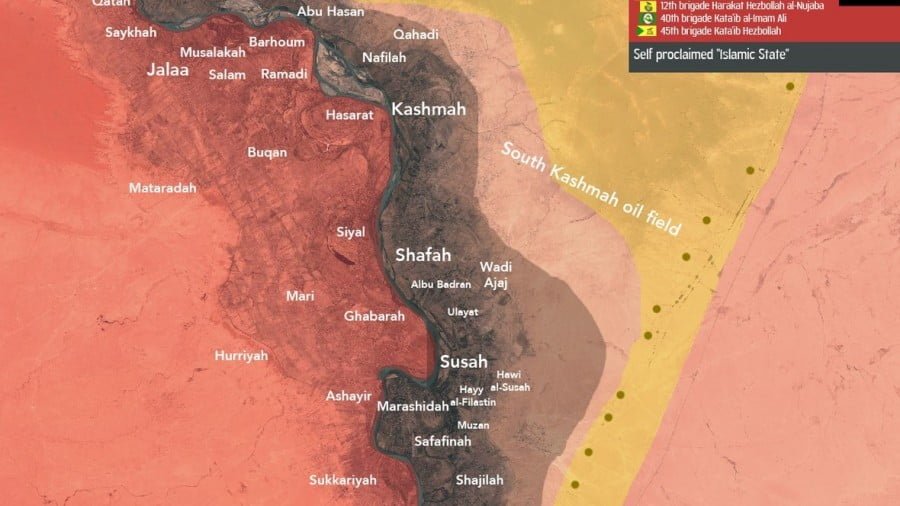Pakistan and Russia Should Propose a Yemen Peace Conference
2017 and 2018 have provided some surprising missed opportunities for peace in Yemen. First there was former President Ali Abdullah Saleh’s botched outreach to Riyadh and Abu Dhabi in an attempt to foment a Sana’a lead peace process. This ultimately led to Saleh’s assassination at the hands of his Houthi partners who felt betrayed by his unilateral outreach efforts. His assassination did however provide a further opportunity for all sides to pause and reflect on how to end the conflict, but this did not happen either.
Then there was the ‘forced’ resignation of the government serving Aden’s President Hadi after armed clashes led by the armed wing of the Southern Transitional Council, a pro-UAE group agitating for the re-formation of a sovereign South Yemen. This too has left the overall situation largely unchanged except for severely undermining Hadi’s position as a man who claims to still rule the entire country, but who in reality has zero control over the Houthi dominated north and decreasing influence even in his former southern stronghold of Aden.
While the standard line from Russia on Syria is that “there is no military solution, only a political solution”, in reality this is a half truth. While Russia encourages Syria to engage politically with Turkey, certain Kurdish factions and even certain Sunni extremist factions, in the key battles against terrorism such as the present one in Eastern Ghouta, Russia is aiding the Syrian Arab Army in its fight to liberate the Damascus suburb from terrorist occupation. Thus one sees that while in the medium to long term Russia seeks a political solution, in the immediate term, Russia continues to help Syria fight crucial battles against heavily armed terrorist groups.
For Yemen however, a total political solution is necessary. Unlike in Syria where the legitimate government continues to gain territory from Takfiri groups, in Yemen, the contact lines of the conflict are more or less frozen. In the north of the country, it is a matter of Saudi Arabia bombing Houthis at will and Houthis firing crude but occasionally effective missiles back at Saudi Arabia in an deadly ping-pong match that has left both sides dissatisfied. In the south of the country, the Southern Transitional Council is increasingly emboldened while both Hadi and his backers in Riyadh try to convince Yemenis and the wider world that Hadi is still a functional leader. On top of this, Daesh remains active in parts of the south but hasn’t been able to become an important military element in the conflict in the way that Daesh once was in Iraq and Syria.
Thus, such a frozen conflict ought to be dealt with politically and in this sense there is more hope for Yemen than another contemporary frozen conflict in Donbass. In Donbass, the problem with finding a political solution is two fold. Firstly, the Kiev regime has shown no interest in ever abiding by the Minsk II agreements which were to serve as a requisite for a long term political solution. A new law passed by the Kiev regime which authorises new military aggression against the Donbass republics in an attempt to ‘reintegrate’ them, serves as a written admission that Kiev has disregarded the Minsk II agreements.
The other problem is that in Donbass, the two superpowers who have an interest in the conflict will not budge. The US will not acknowledge the de-facto autonomy that has existed in Donbass for four years, while Russia would never sign an agreement which paves the way for a brutal military take-over by Kiev (not that the regime forces are strong enough to succeed at such a thing). Few other powers want to get involved because except for Russia and the US, there is little strategic value to the region from the point of view of the wider world.
Yemen’s geography by contrast is of great strategic value as a part of the Arab world with close maritime access to the Horn of Africa and the gateway to the Red Sea. Furthermore, because of the multi-layered nature of the conflict, there is more room for horsetrading than in the more binary Donbass conflict let along the Syrian conflict where there are already clear winners, clear losers and clear obstructionists. While in Donbass, Kiev has thus far been the clear loser and in Syria the government has been the clear winner, in Yemen no one has really achieved what they want although the Southern Transitional Council may be coming close.
This therefore makes Yemen a perfect candidate for a genuine peace conference to attempt to reach some sort of political compromise. The two clear guarantors for such a conference are Russia and Pakistan. This is primarily because both parties have remained dignified in their neutrality throughout the conflict. While Pakistan recently sent some troops to Saudi Arabia, it was made clear that this was part of a training endeavour and that no Pakistani troops would be involved in Yemen. Secondly, Pakistan is a country that retains healthy relationship with Saudi Arabia, while also looking to re-start its deteriorated but once strong relationship with Iran as part of Islamabad’s move towards a full multi-polar foreign policy. In terms of Russia, Moscow has worked with Iran throughout the Syrian conflict and has robustly defended Iran against US threats to drop the JCPOA (Iran nuclear deal). At the same time, it is fair to say that Russo-Saudi relations are the best they have been since at least the 1930s, if not in history.
Thus, one could see Pakistan and Russia act as hosts in a peace conference that could and should include representatives of the Houthi movement, representatives of former President Saleh’s General People’s Congress and/or a member of the Saleh family, President Hadi, The Southern Transitional Council, the UAE, Iran (the Houthi’s only major international political ally) and Saudi Arabia.
As the Astana Process and accompanying Syrian National Dialogue Congress has demonstrated, such processes often move slowly, but in Yemen, no side has anything to lose and no side is technically winning thus far. Such a peace format could demonstrate Russia’s general regional credibility and balancing ability while proving both Pakistan’s genuine neutrality over Yemen, while also demonstrating that Islamabad can talk to Riyadh, Tehran and others without becoming compromised in any way. This could also help Pakistan and Iran further develop a more united strategy for bringing peace to neighbouring Afghanistan, something which would be welcomed by both China and Russia.
Such a format would ideally pave the way for both a north-south detente which could then pave the way for a de-facto political re-division of Yemen, while also taking steps to normalise the situation in Sana’a whose current Houthi leaders are surrounded by hostile powers.
For Russia and Pakistan, there is nothing to lose by jointly proposing such a format and for all the other parties involved, it may provide the best clear chance to turn a bloody and thus far mutually futile conflict into some sort of workable compromise.
By Adam Garrie
Source: Eurasia Future







